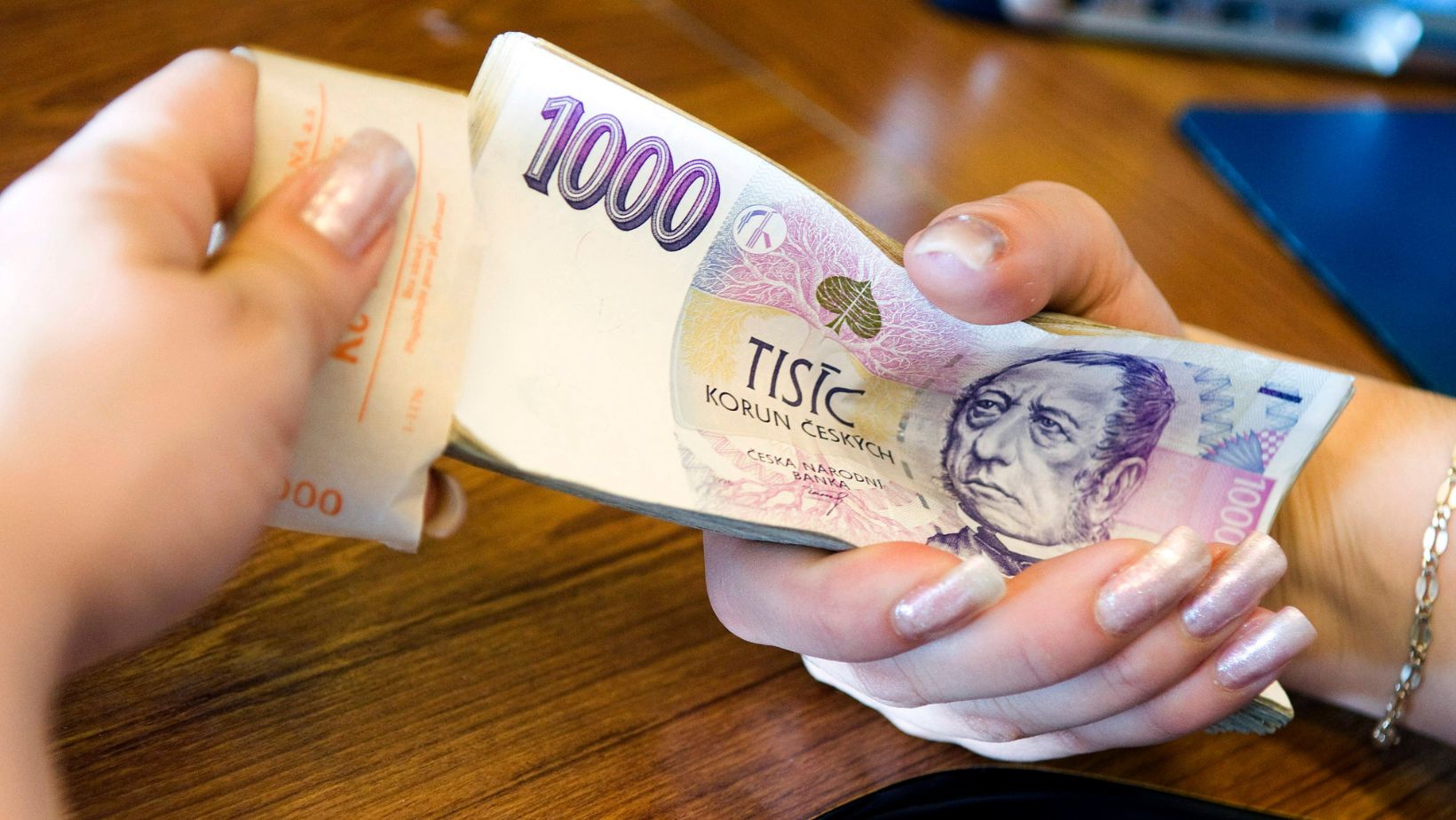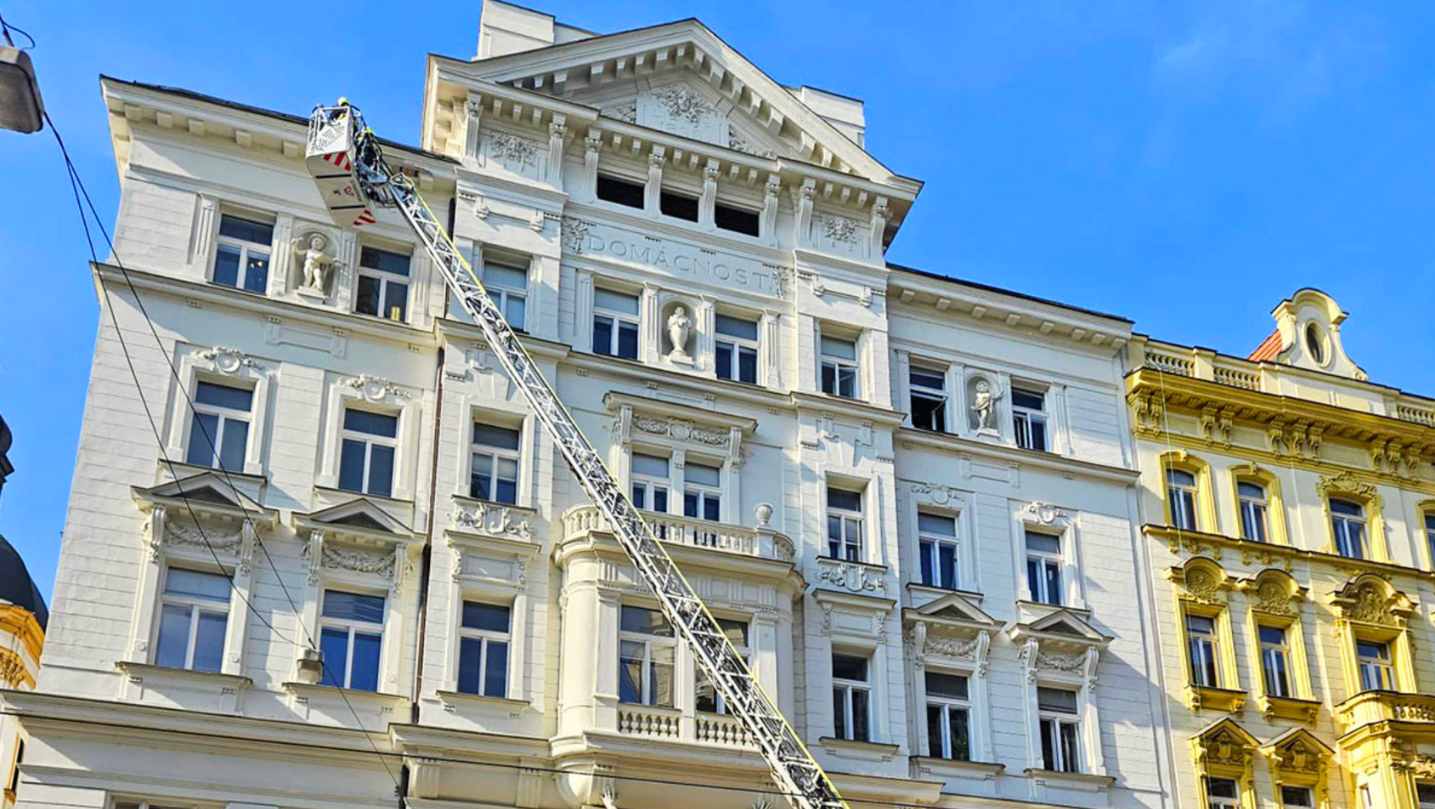Wages across the Czech Republic have decreased by 6.7 percent in real terms over the past 12 months, according to data published on Monday by the Czech Statistical Office (ČSÚ).
Despite the average gross salary increasing by 8.6 percent year-over-year in the first quarter of 2023, spiraling inflation in recent times has resulted in a decline in purchasing power for Czech citizens.
Inflation has slowed more than expected over the past two months. The country recorded an annual inflation rate of 12.7 percent in April, down from 15 percent in March, while analysts had forecast a rate of 13.3 percent for April.
However, food prices are still increasing at an annual rate of 17.3 percent, restaurant and hotel prices are 17.5 percent higher than last year, and housing and utility costs are up 17.6 percent; meanwhile, clothing and footwear prices are up 13.1 percent, while the cost of recreational activities has seen a jump of 12.9 percent.
Real wage growth depends on consumer price growth. In the first quarter of this year, this reached 16.4 percent, the second-highest value this century in Czechia.
The median wage rose in the first quarter compared to the same period of last year by 8.9 percent to 34,741 crowns (€1,474). It was 37,696 crowns (€1,600) for men and 31,856 crowns (€1,352) for women. According to the ČSÚ data, 80 percent of employees received a salary of between 18,601-65,512 (€790-€2,782).
Wage developments varied greatly by sector. Only in the energy sector did wage growth exceed the rate of inflation, with salaries rising by an average of 23.1 percent. “This development was related to the payment of above-standard extraordinary bonuses,” stated the ČSÚ in its current analysis of the labor market.
In other sectors, wages fell in real terms. Statisticians recorded the largest year-over-year decrease in education, where purchasing power decreased by 10.7 percent. In real terms, the average salary in the financial and insurance industries fell by exactly one-tenth.
While wages in real terms dropped, the number of employees increased by 1.1 percent in the same period.
-
NEWSLETTER
Subscribe for our daily news









